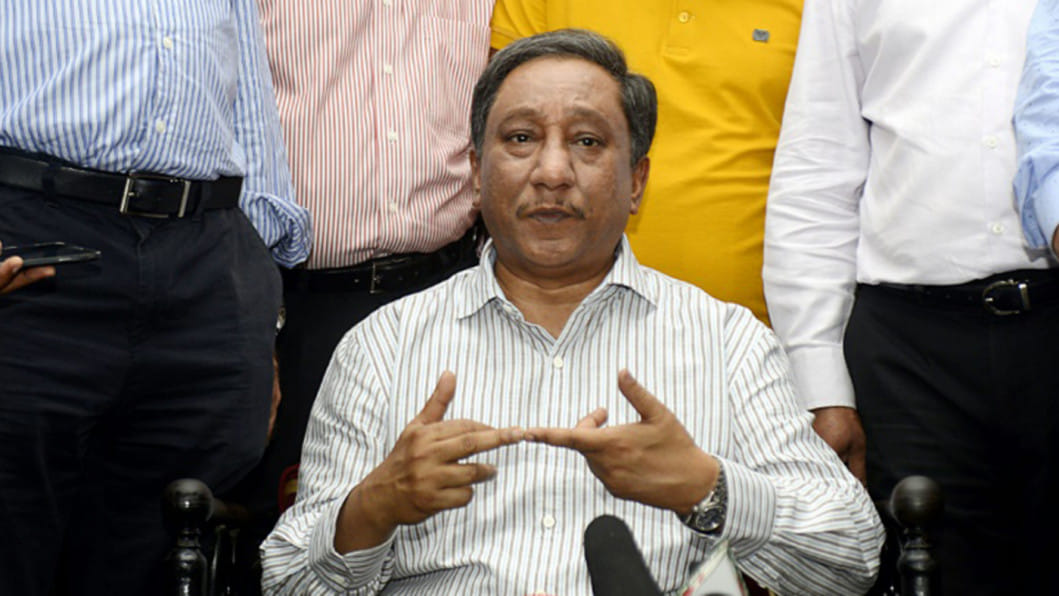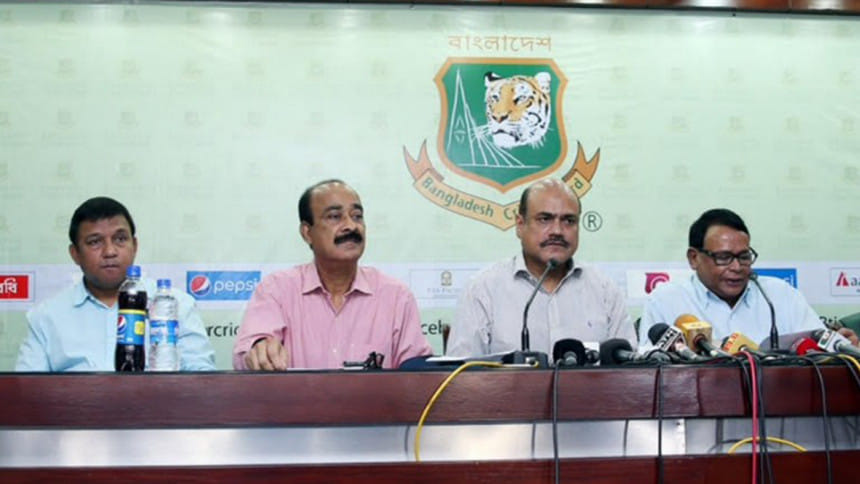New kind of violence undid BCB plans

Ultimately it was the killing of an Italian national in Dhaka by unknown perpetrators that is believed, within the BCB, to have led to Australia calling off their tour of Bangladesh.
Cricket teams have in the past toured Bangladesh in the wake of street violence, but that has almost always been politically motivated and brought under control before the cricket started; the specific threat to foreigners by unknown groups, and the tragic murder in a high-security zone in the national capital, signified a new kind of violence to which there was no immediate counter.
Authorities in Bangladesh still haven't found out who killed Cesare Tavella, and why, and a militant group's claims of carrying out the murder haven't been officially confirmed.
The murder came on a crucial day of meetings between the BCB and Cricket Australia's security team when there were signs that perhaps there would be progress rather than regress.
BCB named its Test team, sent out series accreditation forms for local journalists and then observed that two of the Australian team's management staff were staying back, perhaps to receive the players in a day or two.
On previous occasions that Bangladesh's security had been questioned, cricket officials could see what was happening and react accordingly.
Violence due to an impending election, for example, can be stopped through discussions with the political parties.
In 1988, the BCB had to ask the political parties to stop their programmes to enable it to host the Asia Cup, the first international cricket tournament held in Bangladesh.
The situation was far more complicated between late 2013 and early 2014.
The touring New Zealand team saw some political violence during their tour in October 2013.
Some of their players could only venture out to a coffee shop across the road of their team hotel while Dhaka experienced political strikes.
But it soon turned into political violence which nearly derailed the Sri Lanka series, the Asia Cup and the World T20.
The BCB had to go into discussions with all the major political parties and give assurances of state-level security to the SLC, ACC and the ICC before any of those international matches took place - and all of them went off without a hitch.
Of course there were stringent security measures taken in Dhaka, Chittagong and Sylhet, where the matches were held.
Entire hotel floors were blocked for the teams and all roads on which the teams travelled were blocked off at least 20 minutes before they set out.
It became a problem for ordinary citizens but it was seen as a price worth paying to host major tournaments.
The BCB in fact appoints hundreds of security volunteers in addition to the police and other armed forces who are routinely involved during bilateral series and ICC events.
This time, too, the top-most officials were preparing a security apparatus to tackle the traditional threats of violence.
The country's home minister, the prime minister's security advisor and the two top intelligence agencies met with the CA security team in the space of 24 hours.
BCB arranged all of these meetings, and the board's president Nazmul Hassan said that he had to take the prime minister's help to do that in such short notice.
Bangladesh’s cricket board pulled out all stops but the threats from unknown attackers was something new to the country that no one was prepared for.


 For all latest news, follow The Daily Star's Google News channel.
For all latest news, follow The Daily Star's Google News channel. 



Comments